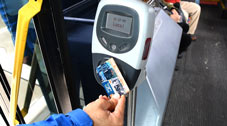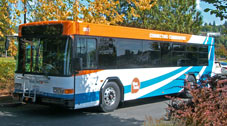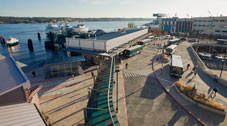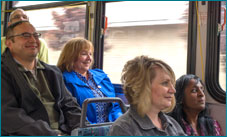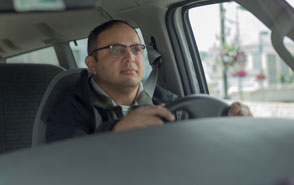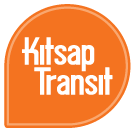RIDE KITSAP TRANSIT
Commute Trip Reduction
If your worksite has 100 or more employees arriving at work between 6-9 a.m., your company may be affected by Washington State's Commute Trip Reduction law. CTR protects our environment and reduces congestion by encouraging employers and employees to find alternatives to driving alone to work.
Employer Transportation Coordinators (ETCs) and large employers play a critical role in reducing drive-alone trips and promoting transit, biking, walking, carpooling, vanpooling or being a foot passenger on the ferry. Kitsap Transit offers trainings and resources to employers starting a CTR program or looking to improve an existing program. Want to get started? Explore the resources on this site or contact us.
CTR Programs |
About the CTR Law |
Resources |
||
|
Employers subject to Washington State’s Commute Trip Reduction (CTR) law must develop and implement a CTR program. The goal of a CTR program is to encourage employees to find alternatives to driving themselves alone to work. Your program will be designed and run by you, and will reflect your industry, region, and organizational culture. |
The Washington State Legislature passed the Commute Trip Reduction (CTR) Law in 1991, calling on employers to help reduce carbon emissions and ease traffic on the busiest commute routes by encouraging their workers to drive alone less often. Kitsap County and the cities within nominated Kitsap Transit to oversee and administer the program. |
Helpful resources such as:
|
CTR Contact & Additional Resources
Lindsay Kuiphoff-Commute Trip Reduction Administrator
360-824-4948
LindsayK@Kitsaptransit.com
CTR Efficiency Act
Employee Transportation Coordinators
IRS Commuter Tax Benefits

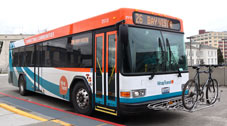 Routed Buses
Routed Buses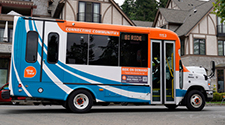 On-Demand/Dial-A-Ride
On-Demand/Dial-A-Ride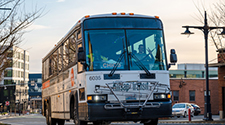 Worker/Driver
Worker/Driver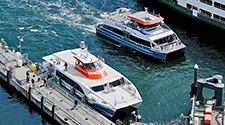 Ferries
Ferries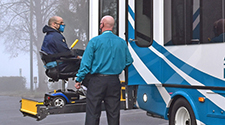 ACCESS & VanLink
ACCESS & VanLink Vanpool, Carpool, SCOOT
Vanpool, Carpool, SCOOT